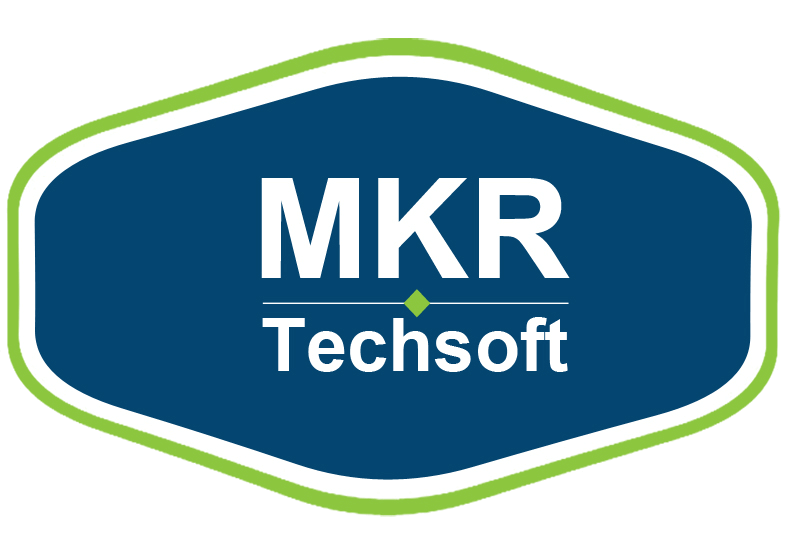Match types have evolved, smart bidding has become more innovative, and new campaign kinds have been added in the last several years. Advertisers are once again re-evaluating their account structures in light of these changes.
Are you considering all these developments, how and why are search marketers evaluating account structure and planning campaigns?
The most recent adjustments made by the top search engines are as follows:
- Match types
- New campaign types
- RSAs
The modifications to PPC campaign execution that we have noticed:
Regarding our PPC campaign, our majority opinion is hyper-targeting from the past is no longer necessary. With increased automation and intelligent bidding, we have switched from fine-grained campaigns split by match type to drives that include all match types.
MKR utilizes audience-segmented single-keyword campaigns, and we are currently concentrating more on input optimization, which is more performance-focused. Giving the machine the appropriate signals, in our opinion, is essential.
Automation is known to be the other theme. Our PPC campaign caution that Google is still not very good at context, so knowing when to combine and when to keep things distinct is crucial.
What are the main factors that we must take into account while building a PPC campaign structure?
In this case, the intent is essential. Our PPC expert considers search intent to be the cornerstone of campaign structure. We advise breaking it up into its campaign if performance is anticipated to differ sufficiently to call for specific targeting and messaging.
Our default, though, is to let the machines decide more quickly. We consider the intention, objectives, and budget when considering campaign structure. We create a separate campaign if any of these are different.
By area or even content asset, the budget may be client-driven. In addition, avoid splitting off until required. We concur that brands should often be separated independently to retain brand protection and their position in the customer journey.
The segment that we no longer do:
Match type segmentation is no longer used. This used to be done at the PPC campaign level, but it’s no longer essential. Additionally, not all match types need to be used. Instead, you must choose the optimal match type for each keyword. We used to segment e-commerce data by product type.
This is not something we constantly have to do, but we nevertheless do it when performance demands it.
How has the structure of ad groups changed?
PPC campaign builder agree that there should be fewer ad groups and no longer match-type segmentation. Even though the broad match performs better than it did a year ago, we examine this match type separately. MKR supports consolidation, and whereas we used to create ad groups according to match type, we now combine all match kinds into one ad group.
About RSAs:
PPC campaign management continues to categorize RSAs by product, tailoring each ad’s headlines and descriptions to the subject and content it promotes. As a DSA, we think having several goods in a single advertisement is best. DSAs are frequently used in B2B and require a specific setup to be effective.
Our PPC campaign management services mostly use DSAs as a research tool because it have made improvements but still make debatable calls. Make sure the combinations make sense before using the keyword repeatedly in multiple headlines.
Do keywords still have a place?
Yes! Although perhaps not as much as five years ago, keywords are still important. Our PPC expert conducts a “sweeper campaign” to uncover unique terms using DSAs. We responded to the prevalent claim that “keywords are dead” by stating that keywords actually died and then reincarnated as something new.
Concerning keywords and match types, Google has a branding issue. The names no longer mean what they once did because both have changed. At this time, keywords can be thematic, audience- or language-based. However, they remain significant.
Does Google display your ads for all potential search terms?
Google can sometimes surprise users how well it matches keywords to search phrases. Google appears to have realized that B2B clients are sought after by B2B advertising. However, several poor matches still show that Google doesn’t appear to get what the advertiser is offering. Advertisers need to exercise caution not to place all of their faith on Google.
Keywords and negative keywords are still necessary. In many of the B2B accounts, Google suppresses roughly 75% of search inquiries, as we previously noted. In the end, everything comes down to signaling. You will receive better results from Google if you send more indications about your target audiences and objectives.
Can exact search phrases appear across different ad groupings? Should we use a keyword for every search term? Do they line up precisely on Google?
What do you bid on when someone searches for an image? Because intent is a combination of people and language, we think intent will play a more significant part in the future. Who is searching for B2B, a decision-maker or the executive assistant? Advertisers must go further than just keywords.
Both first-party and third-party data are required. We must feed Google as much as possible because they base their decisions on what they can see. The search phrase will be added, and bids will be changed if there are sufficient conversions. However, adding the term makes no sense if the amount of queries is tiny because it won’t make a difference.
Also, remember that as a PPC manager, you have to manage your PPC campaign. Using the search keyword is helpful or will add to the more workload? If they convert, we frequently add the search terms. Although it has lost some importance, we still attempt to undertake some keyword sculpting.
Additionally, a term could convert to a phrase less pertinent than another keyword used elsewhere in the ad. Don’t just click “add” in the search phrase report; consider where the search word should be added.
The campaign kinds that are often disliked the least in terms of automation are Performance Max and Discovery campaigns. How do we approach these different marketing types?
PPC expert have a cautious optimism regarding Performance Max. Despite being under baked, it is doing nicely. We don’t consider it one of our critical campaigns since there are too many unknowns, insufficient targeting, and poor decisions, particularly in B2B.
We have high hopes for Performance Max. PPC campaign management services predict that individuals will declare their love for it in a year. People enjoy things when they function, after all. Black box is not liked by the people. Google needs to test solutions in the real world to identify issues, and businesses need to understand the use cases for every new service.
You need the appropriate kind of audience. Prospecting conversions from discovery campaigns are possible, but you must switch up your creative more quickly like you would with Facebook rather than Google.
MKR is always available to assist you and provide you with information on the most recent innovations and technologies used to expand your company and promote your website. Contact us if you want to learn more about PPC campaigns.















